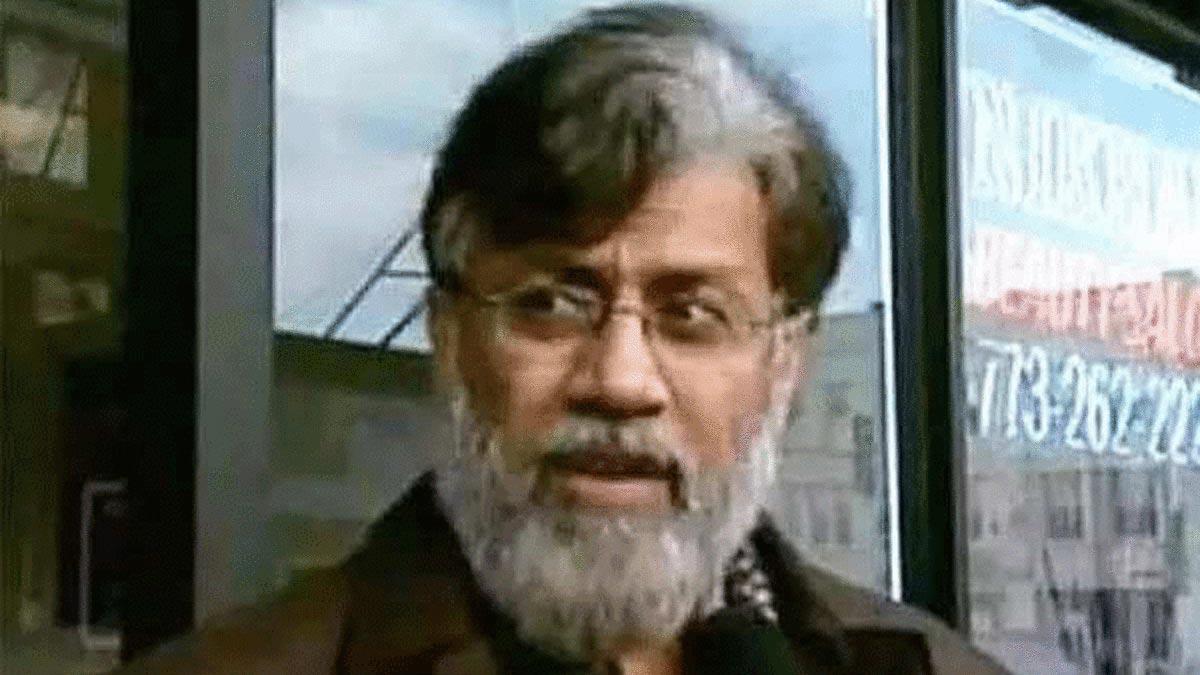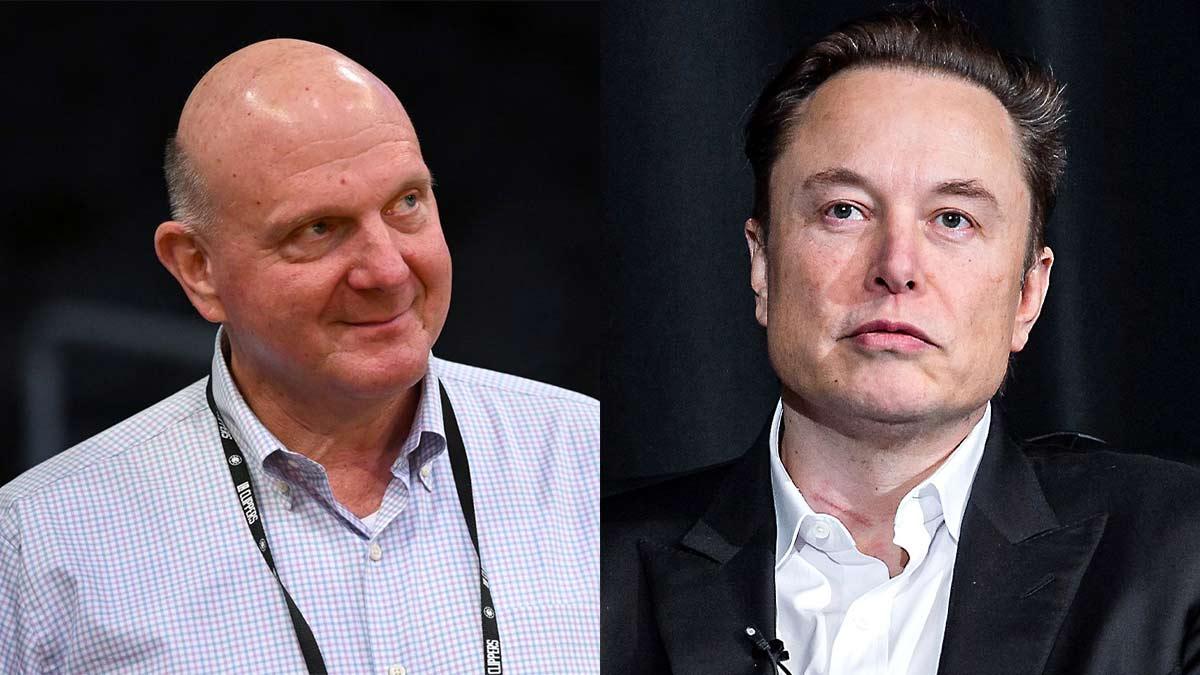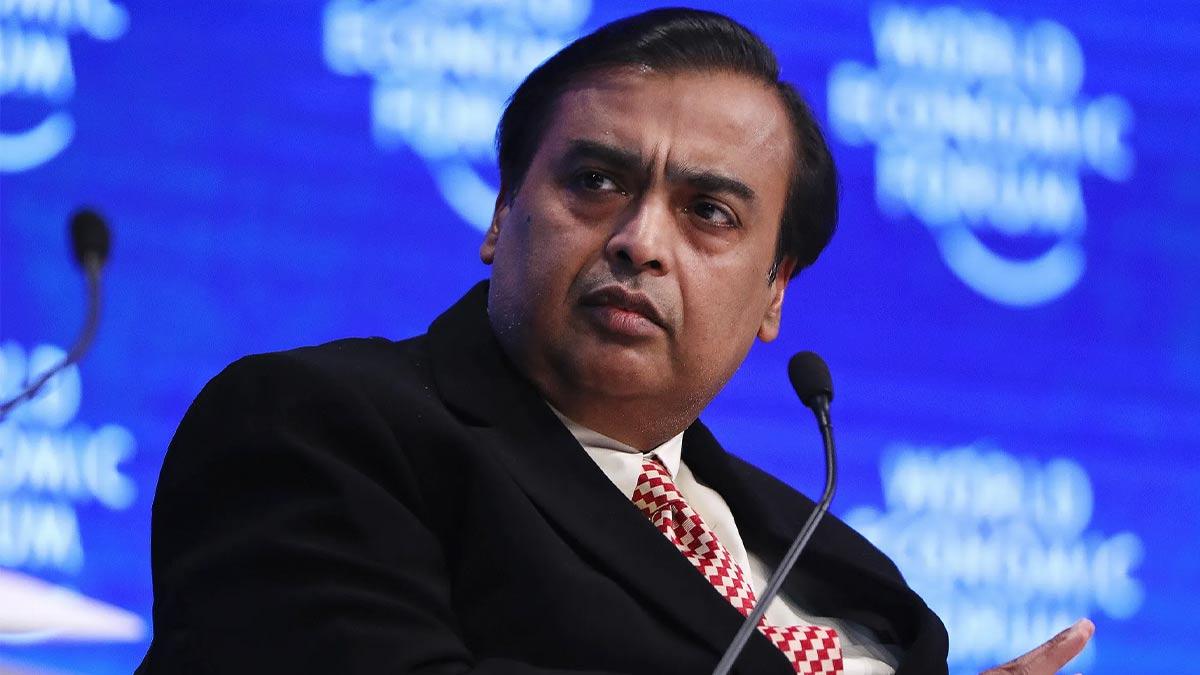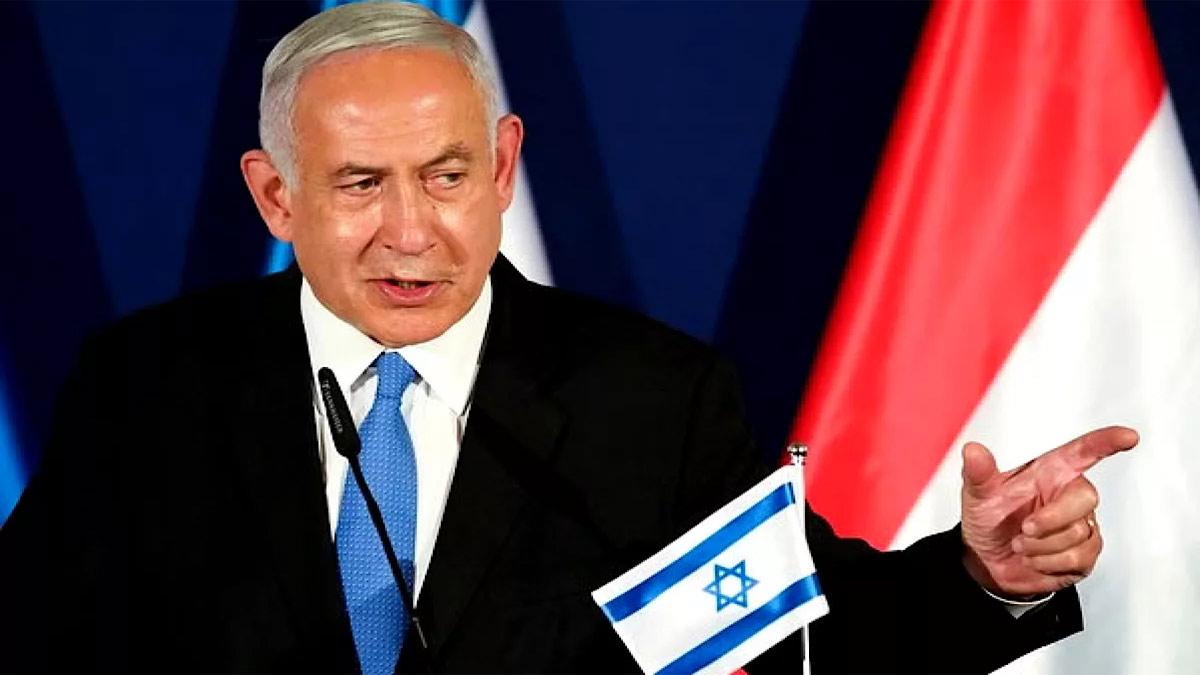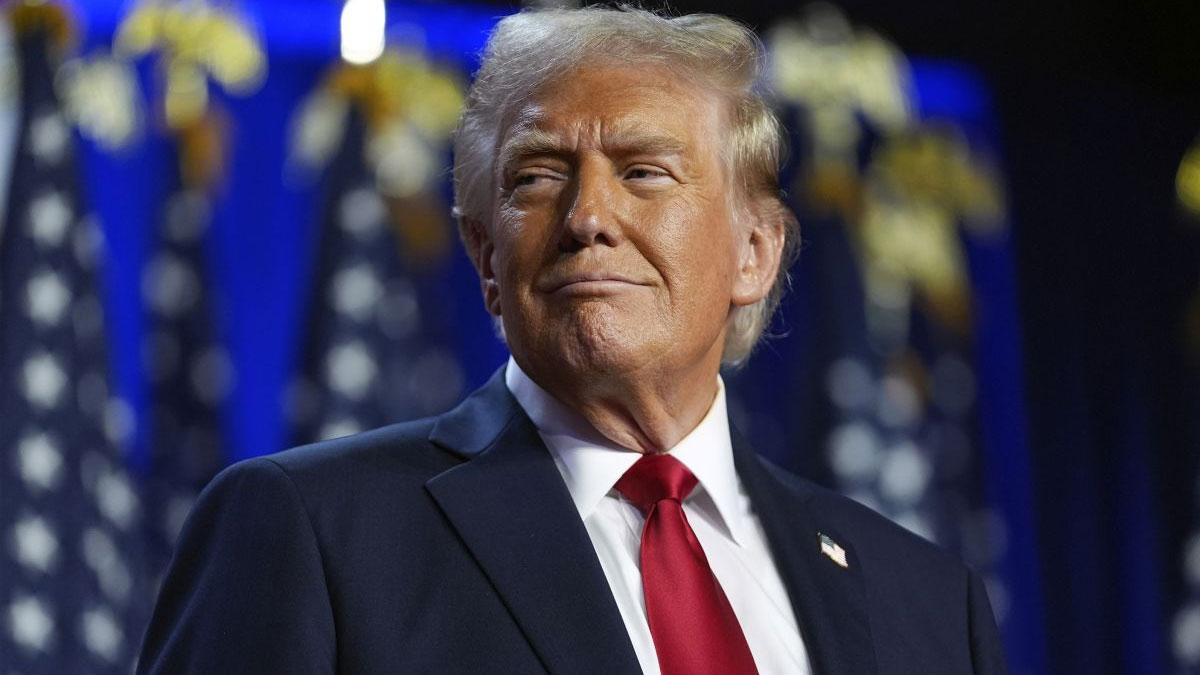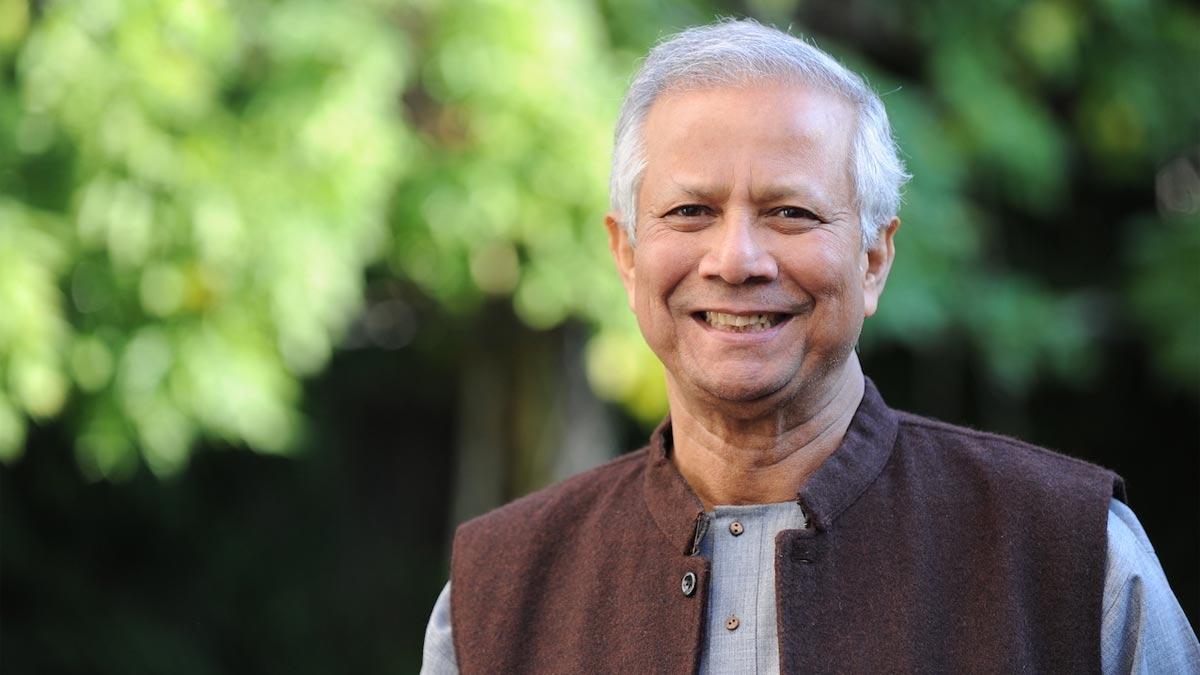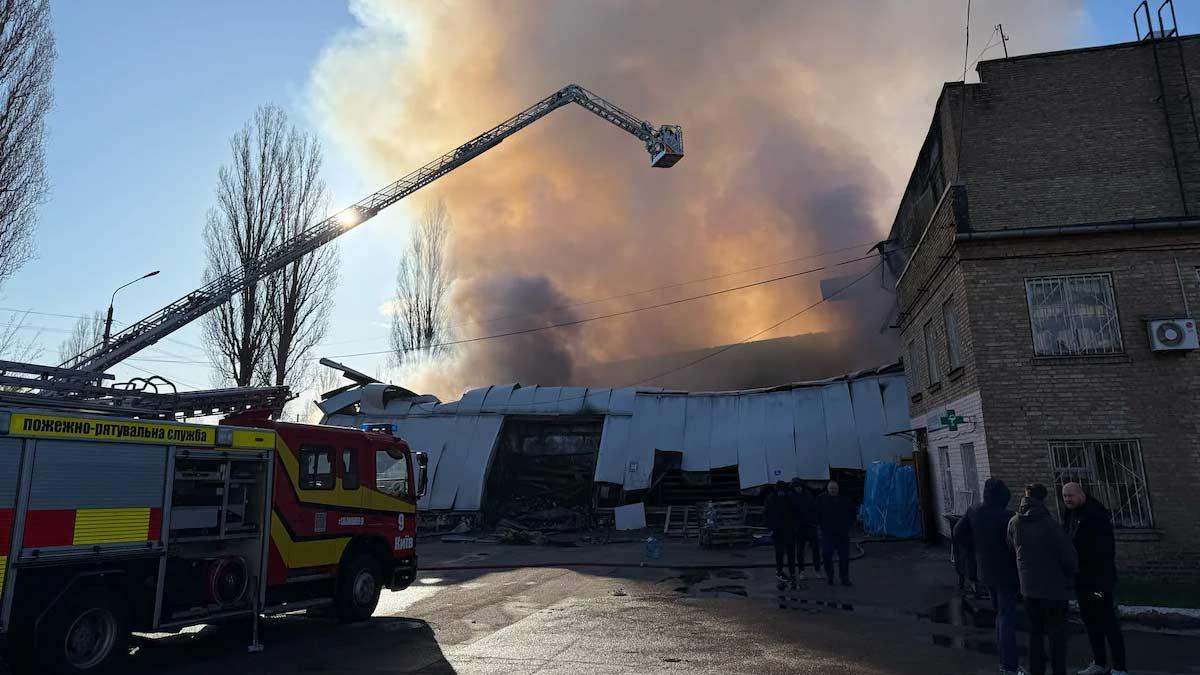After the extradition of 26/11 terror attack suspect Tahawwur Hussain Rana to India, Pakistan has officially disowned the case, stating that Rana was to be treated as a pure Canadian citizen only.
At a weekly press briefing, Pakistan Foreign Office (PFO) spokesperson Ambassador Shafqat Ali Khan stated, “On the Tahawwur Rana issue, we have conveyed our position regarding his Canadian nationality. As far as our record indicates, he did not even apply for renewal for his Pakistani origin documents for the last two decades. I reiterate that position.”
Rana, a Canadian of Pakistani origin aged 64, reached New Delhi on Thursday evening after he was extradited from the United States. His extradition came after a long legal process and diplomatic campaign under the India-US Extradition Treaty. The case is being dealt with by the National Investigation Agency (NIA) and has been confirmed by the agency. The agency welcomed it as a landmark step in seeking justice for the victims of the 2008 Mumbai terror attacks.
Identified as one of the masterminds, Rana reportedly collaborated with his childhood friend David Coleman Headley (aka Daood Sayed Gilani) and had contacts with Pakistan's Inter-Services Intelligence (ISI). Rana is also accused of conspiring with LeT and HUJI operatives, both proscribed terror groups, to orchestrate the coordinated attacks that claimed 166 lives and more than 230 injured.
Rana now stands on several charges in India, such as criminal conspiracy, murder, waging war against the country, forgery, and offenses under the Unlawful Activities (Prevention) Act (UAPA).
Pakistan's approach is still cautious in spite of this. Ambassador Khan concluded his remarks with the declaration, "We will give further updates in due course," indicating Islamabad's interest to keep track of the situation without being held accountable for Rana's actions.
Rana's link to the 26/11 terror attacks was first disclosed by David Headley in his deposition through video conferencing before a Mumbai court in 2016. Headley conceded that he conducted surveillance operations in India in the guise of a business cover established with Rana's permission. The charge sheet of the NIA also establishes that Rana gave logistical, financial, and operational assistance to Headley.
While an American court acquitted Rana of direct complicity in the Mumbai attacks, he was found guilty in 2013 of aiding Lashkar-e-Taiba and being part of a different terror plot to attack a Danish newspaper that had published inflammatory cartoons of the Prophet Muhammad. At the time, the FBI also mentioned that Rana had admitted to Lashkar's terrorist activities and had information about the Mumbai plot.
India perceives Rana's extradition as a key milestone in connecting the dots between the 26/11 attacks and Pakistani-based conspirators — something Pakistan has repeatedly refused to accept despite several dossiers and evidence presented by Indian officials over the years.
Read also| Zelensky Calls Russia's Involvement of China in Ukraine War 'Second Biggest Mistake'

